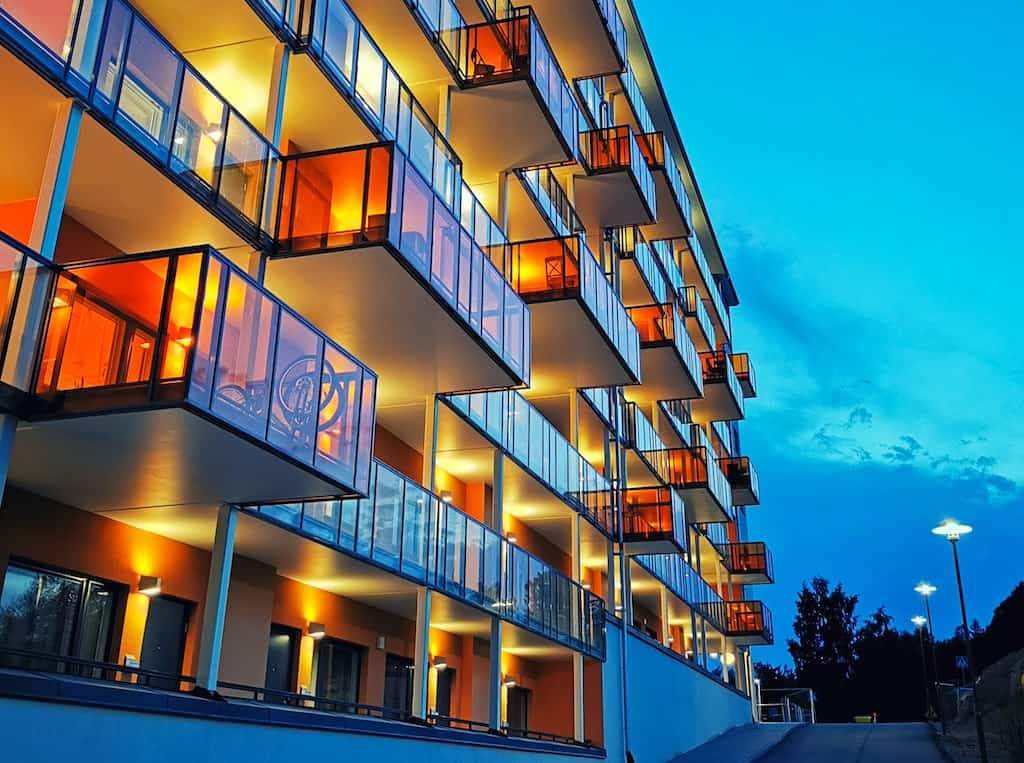Student accommodation providers across Europe are expecting to see an increase in student occupants from EU countries looking for alternative destinations teaching courses in English.
Speaking at a Western Europe market update, organised by , student accommodation providers and experts suggested that providers in countries such as The Netherlands and Belgium can expect an increase in occupancy from EU students.
“The Netherlands is benefiting from the Brexit”
“What we see is that the Netherlands is benefiting from the Brexit in the sense that obviously the Erasmus students who normally quite often go to the UK for the English language, they now decide to go to the Netherlands,” said Rienk Oosterhof, chief real estate officer at .
The country’s strong reputation, with universities teaching mainly in English, has resulted in the provider expecting real growth in international student applications, particularly among EU students, he added.
In Italy – The Student Hotel’s second biggest market, housing a lot of American students – students are a “bit more conscious” around safety regarding the global health pandemic when compared with European counterparts.
“But at the same time, we see the students are really willing to make that step… standing still for one and half years at home, the need to go somewhere else, that need is, at the end of day, the driver of people moving again. So, yeah, I think [it will] pick up is definitely coming up there again across Europe.”
In Belgium, partner at , Herman Du Bois said growth is expected to extend from domestic students, to come from international cohorts, again attracted to English taught courses.
“More English taught courses are on the agenda and implemented not only for masters, but now also more for bachelor students,” he said.
The country also looked to extending for international graduates of Belgian institutions, which is attractive to non-EU international students, speakers highlighted.
Growth and new business director at Christopher Holloway noted that while Dublin and London, “particularly was always hugely driven by international students”, have not seen “quite the return yet to to pre covid”, the provider remains optimistic.
Rental accommodation marketplace HousingAnywhere has calculated that average price for single rooms in the UK capital were 3% lower in 2021 Q1 compared with Q1 in 2020.
“We feel that that corner will turn once policy changes in different countries come into effect, particularly in China, and vaccine programs are completed and people just generally feel safer and are able to travel,” Holloway said.
“So we’re optimistic, but there are specific markets even within the broader markets that are not quite there yet.”
UK providers have been buoyed upticks in non-EU students applications and university acceptances rising by 5% last year, Andrew Smith, European PBSA investment advice at Cushman & Wakefield hinted, but occupancy rates had been impacted.
“The UK is one of the most developed PBSA markets in the world… What’s interesting at the moment is that last year university acceptances in the UK actually rose by 5%, but for the first time ever, a really significant portion of those students are not here,” he said.
“We estimate that to be about 120,000 international students enrolled at UK universities, but are not in the UK, as well as a very high number of UK students studying from home, which has had knock on effects on occupancy.”
The historically high 8.5% growth in applications to UK universities this year is driven by UK pent up demand and a huge rise in non-EU students applying, although EU applications to UK universities has fallen by 40%, he continued.
Providers like are 73% booked for the year ahead, which is “behind the 80% that they achieved this time last year”, he added.
Ireland’s lockdown and restrictions around arrivals has “created some pretty challenging occupancy” but there are some positive stories, he highlighted.
“In terms of applications for next year, those are up 8.5%. EU applications to Ireland are up hugely – 140% – non-EU applications are up 17% and even UK applications are up 26%.”
“The roll-out of the vaccine is moving slower than the world had hoped”
HousingAnywhere has also recently released its , which suggests that rental costs of private rooms in Milan, Madrid, Turin, Rome and Berlin had all declined by more than 10% in Q1 of 2021 compared to the same time in 2020.
“The roll-out of the vaccine is moving slower than the world had hoped. And that is slowing down the recovery of the rental markets. On top of that, we expect supply shortages to return once the lockdowns are lifted,” HousingAnywhere CEO Djordy Seelmann said.
“Airbnb apartments that became available on the residential rental market during the pandemic will then return to the tourist industry, unless governments take decisive action to protect the residential housing stock.”



